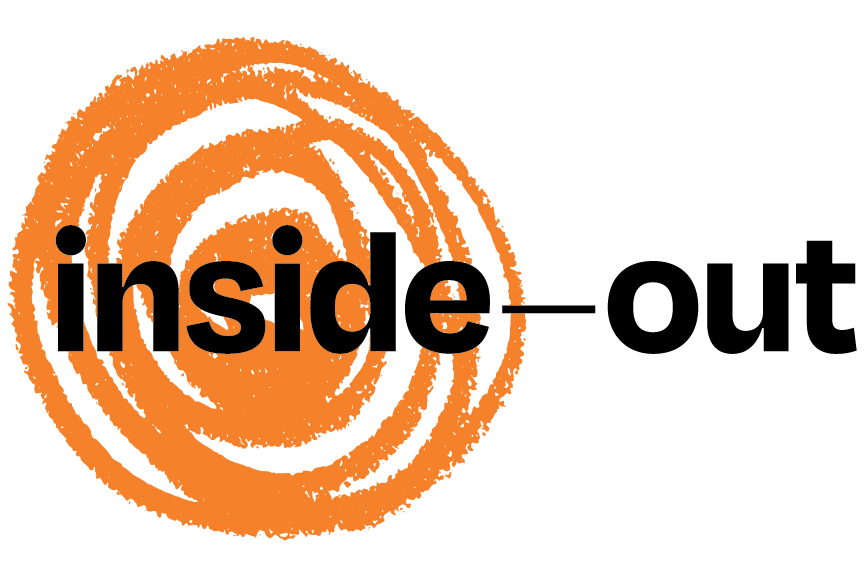Micah Baldwin
Hi, I’m Micah.
I have a unique set of experiences. I have built big businesses, and I have failed. I have had personal struggles with sobriety and mental health, and I have figured out how to follow a path of recovery and happiness. I know business, but I really understand people.
Here is my story:
In my more than 20 years in the tech community, from starting my first business when I was a kid, to founding or being early at six companies (4 exits) that raised more than $350 million, mentoring hundreds of founders, to time at Amazon and Microsoft, and as an investor, one thing has rung true.
I could not do it myself nor did I have all the answers. At each stop, someone coached me to success.
What am I doing? Why am I here? Am I doing well compared to my peers? How can I be a better leader? How do you run payroll?
These were just some of the questions running through my head when I became a CEO for the first time. And for the second time. And for the third time. No matter what I did, other than learn how to run payroll, I never felt I could answer those questions for myself. So after a dozen years and four companies, I reached out for mentorship and coaching.
It wasn’t the first time I had had a coach—I had been playing organized team sports since I was a little kid. Coaches had made all the difference to my performance as an athlete, but even more importantly they had shaped my growth as a human, especially because they taught me that it was ok to not know the answer to everything. It never occurred to me during the first decade plus of running my own businesses that coaching could be as important to me as a founder as it had been when I was a young athlete.
Let’s take a quick breath. To be a CEO, you have to raise money (if that’s what you want to do); sell product; build product; hire people; fire people; manage a board; and spin a dozen other plates simultaneously. But here's the rub. You can’t ask anyone how to do any of those things, especially your investors. Or can you?
Looking back on my early struggles, I wonder, “Why when I started my first real business did I not get a coach? Why is the expectation as a CEO that you never ask how or why or when, you just have to figure it out yourself?”
What I know now is that coaching isn’t just about how to run the business of the business, but how to lead, and ultimately, how to become the person that you want to be. Want to be kinder? It’s possible. Want to be more thoughtful? It can happen. Want to be more understanding? It all depends on you.
Even before I considered becoming a coach, I became a mentor in 2007, when I worked with the very first class of Techstars in Boulder; I continue to mentor Techstars around the globe until this day. Mentorship is interesting, because it tends to be tactical and operational and extremely important to understanding the business of the business, whereas coaching is transformational and growth as a human. Mentorship doesn’t have to come from a former CEO, rather it can be advice provided by any subject area expert, and often does not come with the empathy a former CEO brings. Mentorship is about skillset; coaching is about extracting ideas and thoughts. Mentorship is often about answers; coaching is about asking the right questions.
Over the years, I realized that founders need more than tactical advice, and frankly there are experts in every field that can answer their strategic questions. What founders can’t get as easily is another founder who can empathize and understand with first hand experience and can answer questions like “How do I tell my lead investor that the business is failing?” or “I’ve always been conflict avoidant because of how I was brought up, so how do I face challenges head on?” or even “I just need someone who understands the rollercoaster to tell me that it will be ok.”
Given my background as a serial founder as well as being a person living in recovery with mental health challenges (bipolar, anxiety, and depression), I know I’ve done some things wrong. That said, I’ve also done many things right, and I can relate to founders in a way that others might not be able to.
On top of that, I’ve studied how to be a coach, I’ve learned techniques and strategies, and I’ve spent hundreds and hundreds of hours coaching primarily founders. I’ve watched many of them go on to greater success than I have ever achieved and some realize that there was another path than their current journey.
Which brings us to today. I have partnered with Ryan and Inside Out Leadership to be part of a group of founder-coaches. Each of us have had success and failure. Each of us coaches in a different way and uses different techniques. But most importantly, we are peers who are open about how we can become better coaches and better serve all of our clients.
I love coaching. I love spending time with founders and watching them figure out what the next step on their journeys might be; I love helping them explore and expand their worlds to achieve those milestones. And I am excited to have a group of coaches I can call friends and colleagues to better service those founders in new ways.

